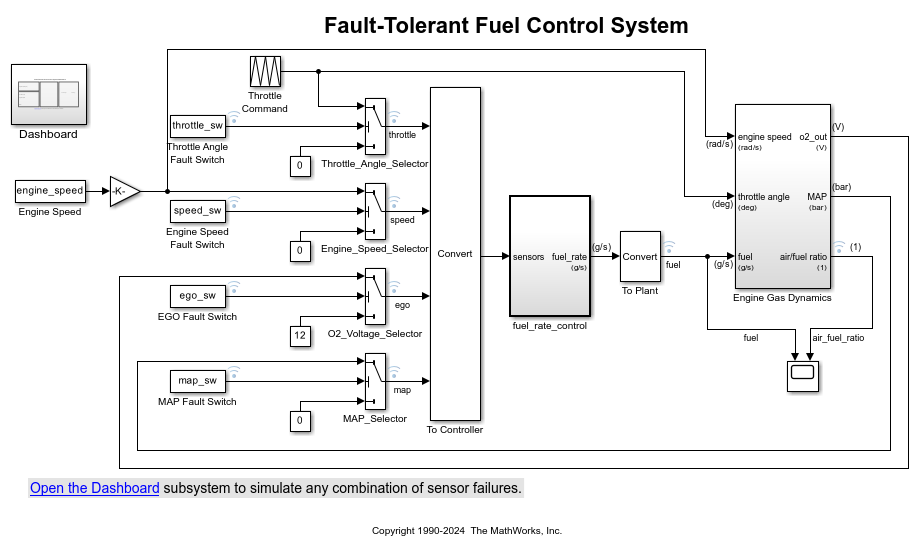LUTCompressionResult
Optimized lookup table data for all Lookup Table blocks in a system
Description
A LUTCompressionResult object contains the optimized lookup table
data for all Lookup Table blocks in a system. To create a
LUTCompressionResult object, use the FunctionApproximation.compressLookupTables function. To replace the lookup
tables in your system with the optimized version, use the replace
function.
Creation
Create a LUTCompressionResult object using FunctionApproximation.compressLookupTables.
Properties
Object Functions
Examples
Version History
Introduced in R2020a
